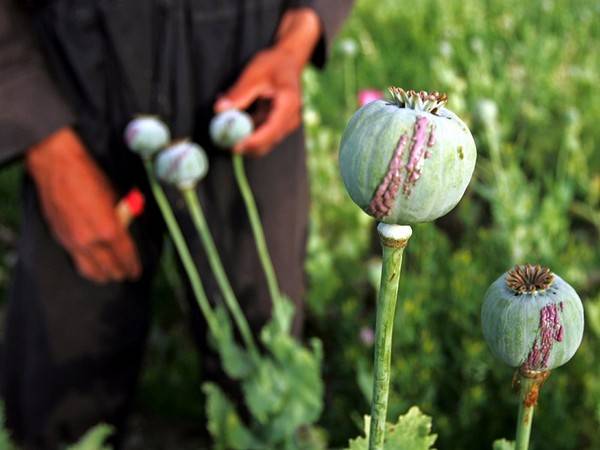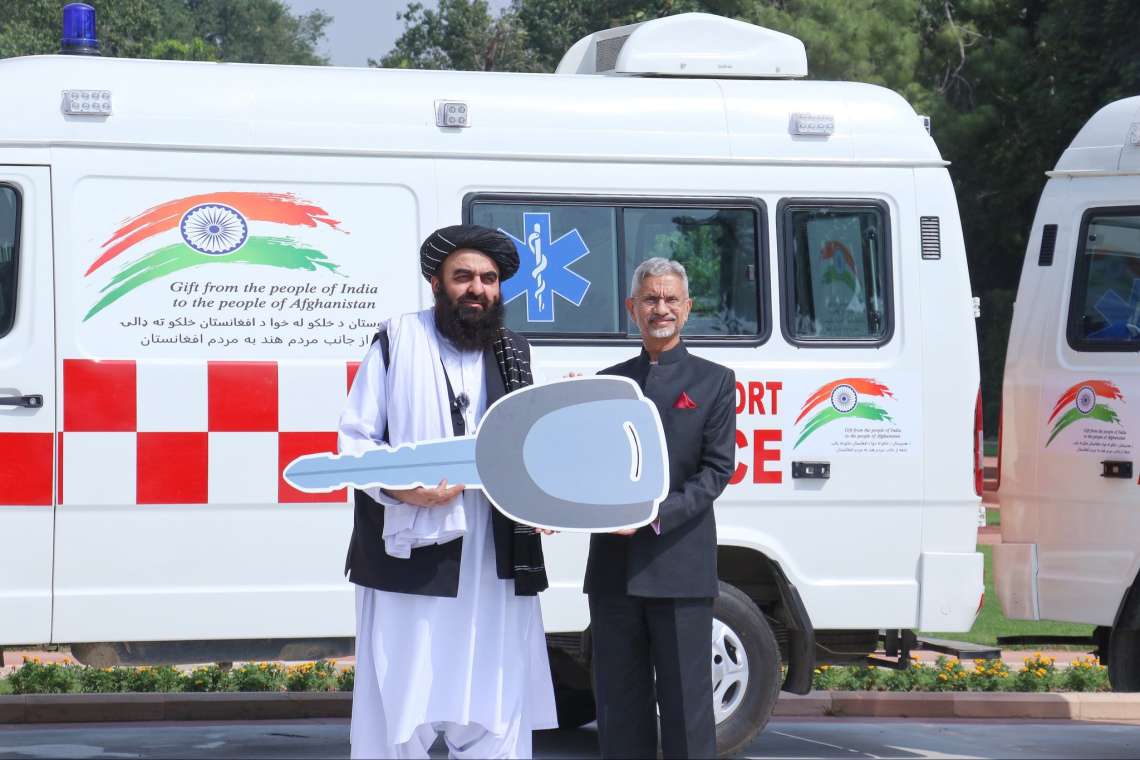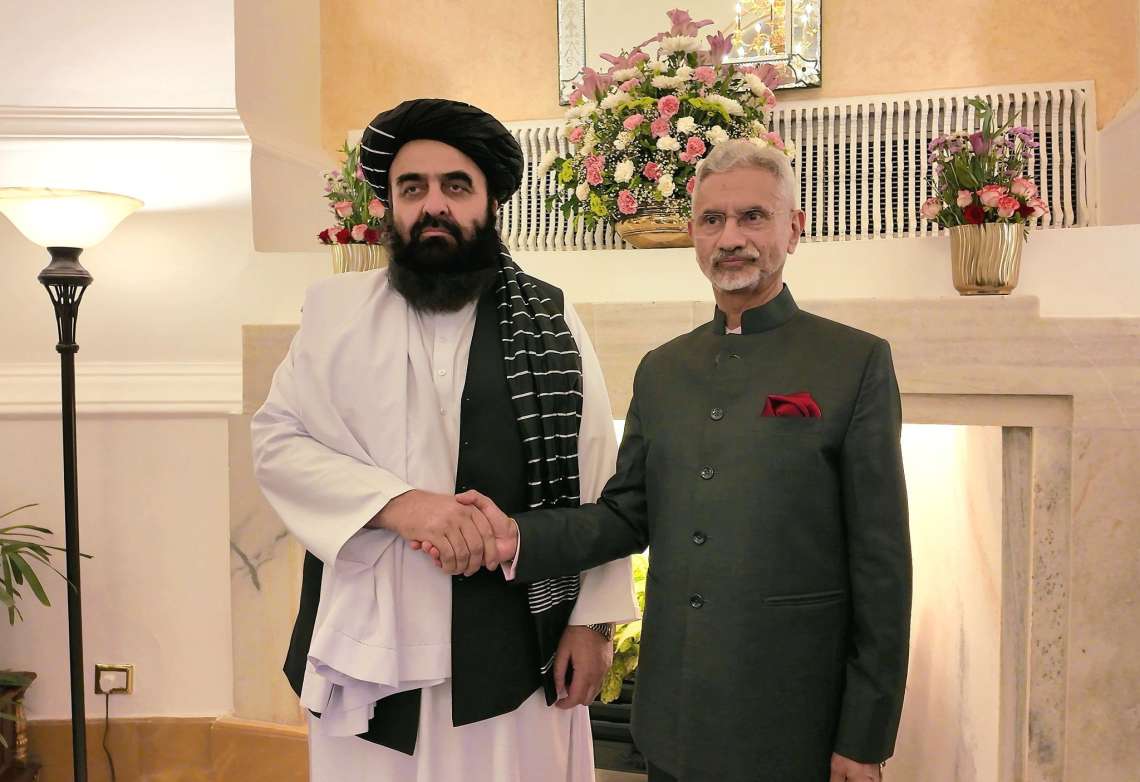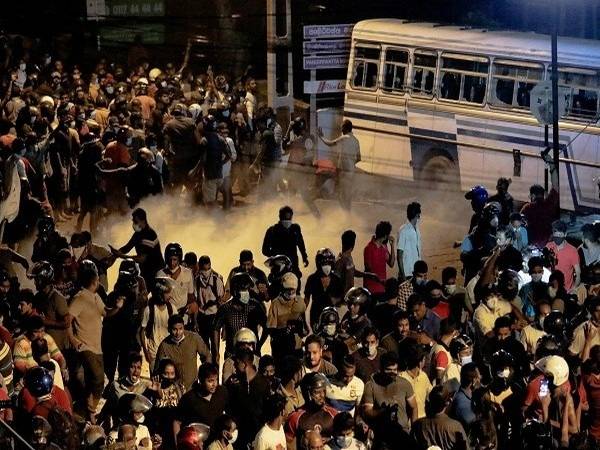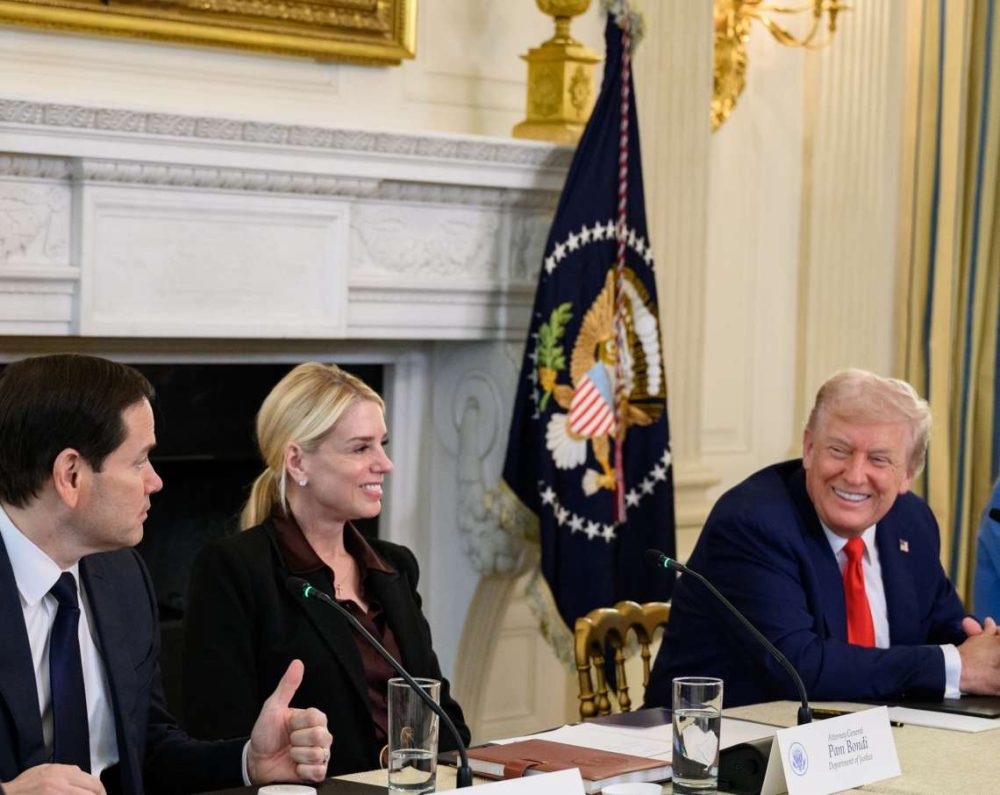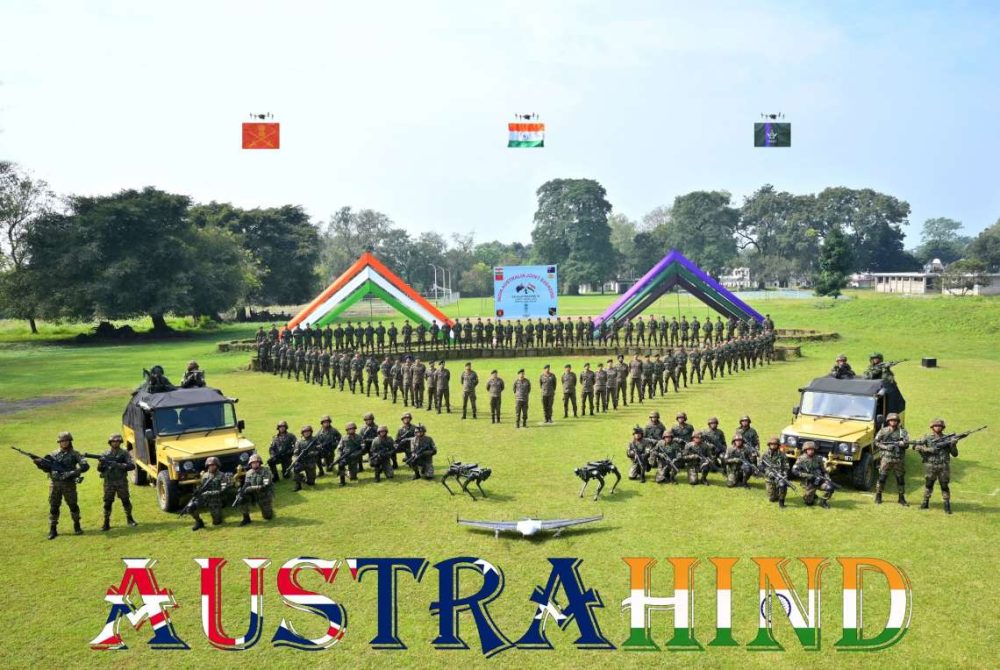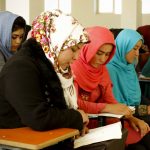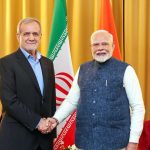According to Bahavi, the Afghan and regional drug mafia is increasingly gaining strength under the Taliban. The area under poppy cultivation has increased with drugs production growing and smuggling on the rise…reports Asian Lite News
The return of the Taliban to power in Kabul has contributed to the flourishing of the drug business in Afghanistan, much against the belief that strict religious norms pursued by the Taliban would lead to a ban in production and sale of narcotic substances.
Colonel Nezamuddin Bahavi, the former head of intelligence of the anti-drug police of the Ministry of Internal Affairs of Afghanistan, stated this in an exclusive interview with the Russian daily, Nezavisimaya Gazeta.
According to Bahavi, the Taliban has always been associated with drugs trade and soon after coming to power in August 2021, the situation turned entirely in the Taliban’s favour.
He further said that until August 2021, criminals associated with the drugs business were scared of the anti-drug unit of the Interior Ministry. But now the situation has changed drastically with government control virtually non-existent and drugs trade flourishing boundlessly.
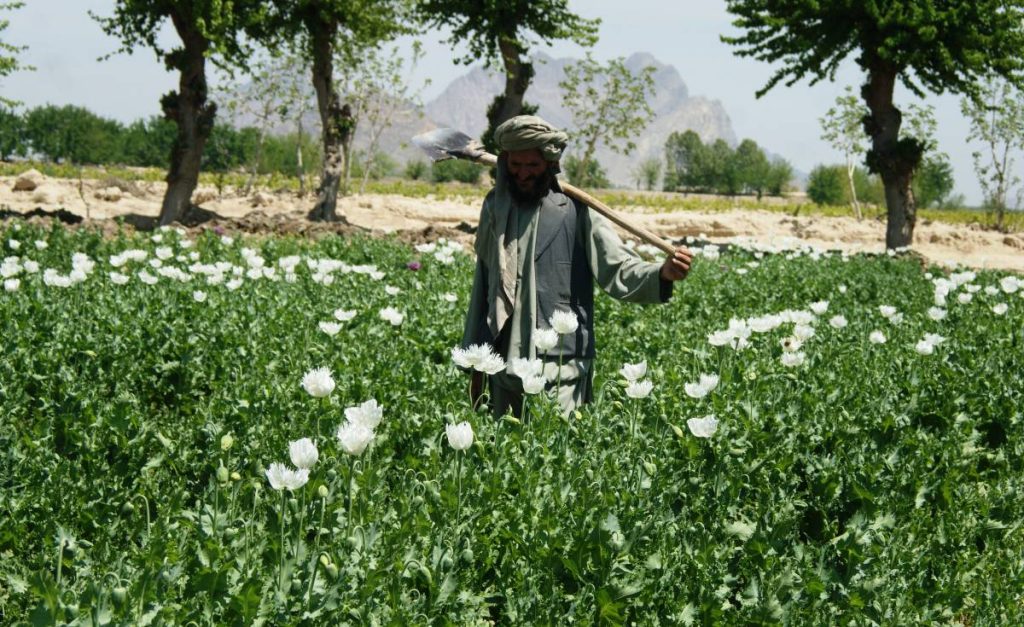
According to Bahavi, the Afghan and regional drug mafia is increasingly gaining strength under the Taliban. The area under poppy cultivation has increased with drugs production growing and smuggling on the rise.
According to the UN Office on Drugs and Crime (UNODC), in the north and the east of the country, they mainly grow opium and produce heroin whereas in the west and south-west, especially in provinces such as Herat, Farah, Nimroz, Helmand etc., there has been a rise in the production of methamphetamine, a popular synthetic drug.
Significantly, this has been facilitated due to the availability of a locally-grown wild herb which acts as a substitute for Ephedrine which is needed to produce methamphetamine.
According to experts, because of this free-growing grass and its easy access, there is now no need for smuggling Ephedrine from abroad as Afghanistan evinces on a new path of plastic drugs manufacturing.
As far as the Taliban’s genuine desire to stop drugs production is concerned, Bahavi conveyed to the Russian daily that efforts by the Taliban to stop drugs production and to seize illicit drugs has been mostly symbolic and aimed at hiking the price of the product in the market.
Moreover, transportation of drugs has now become easier with smugglers paying a certain amount on per kilogram basis to the relevant Taliban nodal officer located at the point of start of journey.
The Taliban in turn provides them a permit which enables easy transportation of the consignment from any one point of the country to another.
According to Bahavi, the amount of money that the Taliban earns through transportation and sale of drugs cannot be substituted by any other means. He mentioned that the role of drugs in the Afghan market has been crucial for political machinations and countries in the neighbourhood have used drugs to fight their wars in Afghanistan.
He thus said that drugs smuggling was a universal business in Afghanistan and in the past senior government officials, including army generals and security officials, had been detained for smuggling of drugs.
Bahavi claimed that one cannot perceive an end to the drugs menace in Afghanistan any time soon. According to him, the drug mafia is deep-rooted and extremely well-networked, making it difficult to crack the racket.
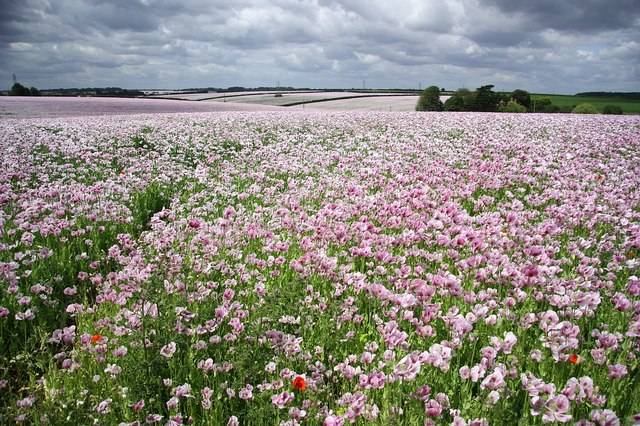
Moreover, today the most influential factions and groups in the Taliban are involved in the drugs business, especially the Haqqanis who are closely associated with the Pakistani establishment.
According to Bahavi, efforts to curb drugs smuggling through agreements with other countries have not produced any result.
For instance, he mentioned that after great difficulty, Afghanistan succeeded in signing an agreement with Pakistan on the fight against drug trafficking.
However, the agreement remained one-sided as Pakistan would seek all information on drugs related activities and those involved, but never share any relevant information on its part.
Thus, the agreement fell through as soon as it was signed.
Bahavi mentioned that it is a known fact that most of the drugs smuggled to different parts of the world move out of Afghanistan through Pakistan. However, there have rarely been instances of large-scale seizure of consignments in Pakistan.


